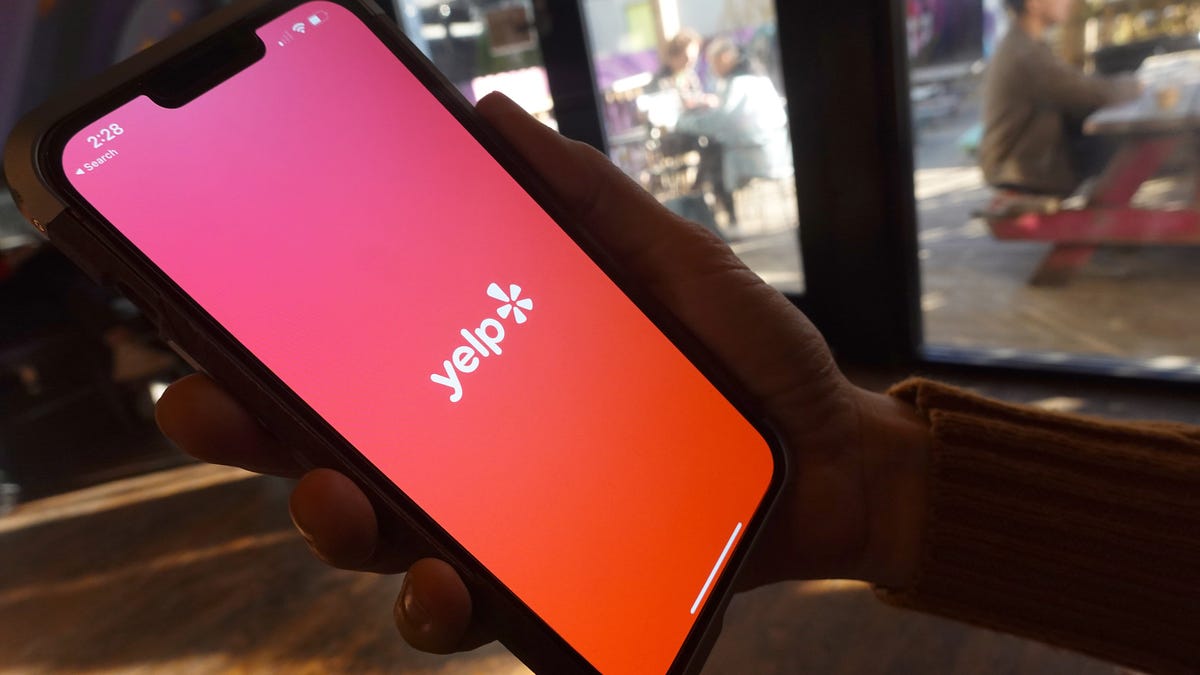In This Story
Less than a month after Google GOOGL lost its major antitrust case against federal regulators, the floodgates are already opening to competitor lawsuits.
Business review platform Yelp filed an antitrust lawsuit against Google GOOGL in federal court in San Francisco Wednesday over what it claims is an illegal abuse of its monopoly in the general search market. Yelp alleges that Google’s anti-competitive behavior is hurting smaller, local search competitors and limiting customer choice.
Yelp’s general counsel Schur said Judge Amit Mehta’s ruling in the government’s antitrust case against Google “provides a strong foundation for Yelp’s case against Google.”
“For years, Google has leveraged its monopoly in general search to pad its own bottom line at the expense of what’s best for consumers, innovation, and fair competition,” Schur said in a statement.
“By willfully engaging in exclusionary, anticompetitive conduct, Google has driven traffic and revenue away from competitors, made it harder for them to scale, and increased their costs, while degrading consumer choice, to grow its own market power,” he added.
The Department of Justice sued Google in 2020 for allegedly monopolizing digital search, pushing out competitors such as DuckDuckGo and Microsoft’s MSFT Bing. The court ruled in early August that Google has monopoly power in the general search text advertising market. In his decision, Mehta said Google’s exclusive, multi-billion dollar agreements with companies like Apple AAPL have allowed it to quietly hike prices for advertisers and corner the search market. Google has a roughly 90% share of the general search market.
Yelp detailed numerous anti-competitive practices carried out by Google, including allegedly “stealing information from Yelp’s website and passing it off as Google’s own; preferencing Google’s own local search results over Yelp’s; implementing a ‘OneBox’ feature to prioritize Google’s own inferior local search services at the top of the search results page; and even going so far as to tweak its algorithm and steer customers away from Yelp.”
A Google spokesperson said Yelp’s claims about its search were nothing new, but that similar claims had been previously thrown out by both the FTC and the judge in the Justice Department’s case.
“On the other aspects of the decision to which Yelp refers, we are appealing,” a Google spokesperson said in a statement. “Google will vigorously defend against Yelp’s meritless claims.”
Yelp’s lawsuit accuses the search giant of “abandoning its stated mission to deliver the best information available to its consumers and instead forcing its own low-quality local search content on them.”
But it wasn’t always this way. Yelp said it “peacefully coexisted with Google,” up until Yelp rebuffed Google’s offer to acquire the review site. Then, Google launched a “years-long mission to stymie Yelp’s ability to reach consumers,” the lawsuit alleges.
In late 2009, Yelp walked away from a half a billion dollar acquisition deal with Google. That same year, Google allegedly began scraping reviews from Yelp and other local search platforms, misrepresenting that content as its own, according to the lawsuit. That only stopped when a 2011 Federal Trade Commission investigation condemned the behavior.
“Yelp has long fought to make Google’s local search experience more helpful for consumers and create a level playing field for competing vertical search services,” Yelp co-founder and CEO Jeremy Stoppelman said in a blog post Wednesday. “With our action, we aim to safeguard competition, protect consumer choice, recover damages, and prevent Google from engaging in anticompetitive practices so that innovation may flourish.

